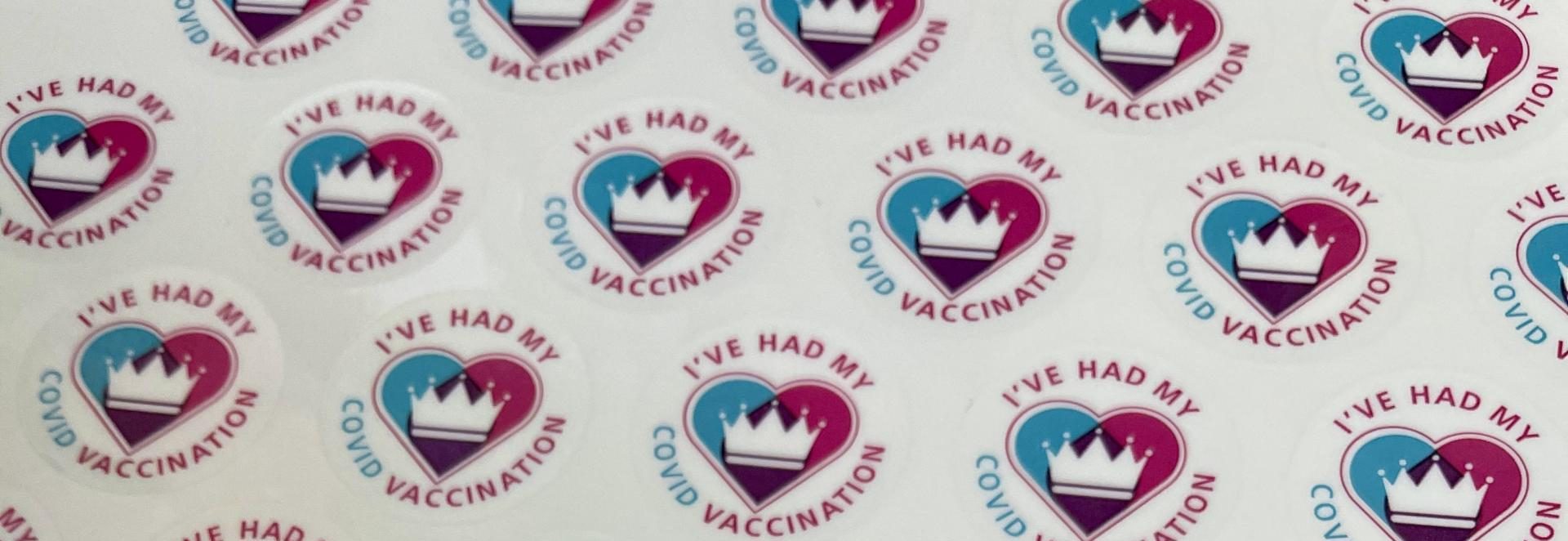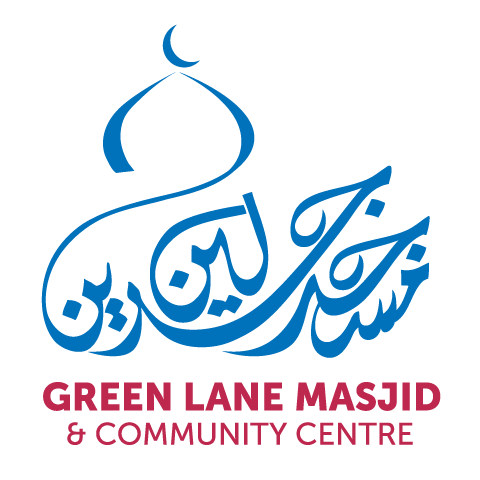Whether you decide to take the vaccine or not – be respectful!
Green Lane Masjid’s advice to the community.
Over the past few years, heated debates have played out in our homes, on the streets and in the media over topics such as Brexit, RSE and the elections. With the rollout of the Covid vaccines, we now see people once again engaging in debate, and differences of opinion being aired openly.
Often, with topics that are close to people’s hearts, things can often get heated as people emotionally voice their opinions. In the age of social media, the internet is flooded with examples of people vilifying others and resorting to name-calling and ridicule. In situations like this, what advice do we find in Islam to guide people on how to discuss such topics without going beyond the decent measures of respect and tolerance?
- Be careful not to spread misinformation.
Spreading information is very easy through the many social media platforms and applications we have access to. However, as Muslims, we should be careful about spreading information without verifying it.
Islamic guidance is very clear on this:
“It is enough for a man to be considered a liar for him to repeat everything that he hears” (Muslim).
Spreading misinformation during sensitive times can be highly dangerous and exacerbates feelings of unrest and confusion already abundant in the community. Umar ibn al Khattab, one of the greatest companions and Islamic leaders of the past (may Allah be pleased with him) said:
“Beware of Fitnah (tribulations), for a word at the time of Fitnah could be as detrimental as the sword.”
So carefully evaluate whether something is worth sharing. Don’t rush to share information without checking that it is correct. The Prophet (peace be upon him) said:
“Deliberation is from Allah and haste is from the devil” (Tirmidhi).
- Choosing to take the vaccine does not show a lack of trust in God.
Many have been arguing that those who take the vaccine show a lack of trust in God (tawakkal) since God can cure them without the means of a vaccine. A famous narration from the prophet (peace be upon him) describes how a believer should ‘tie his camel’ and then trust in Allah. The principle we derive from this teaching is that in every situation we must first exhaust our efforts in taking the right course of action, and then trust that Allah will take care of the outcome in a way that is best for us. Taking medical treatments is a means we use to protect our health, and is also the method of the Prophet (peace be upon him):
‘Make use of medical treatment, for Allah has not made a disease without appointing a remedy for it.’ (Abu Dawud)
- Listen to those who have knowledge on the subject
Seeking out the experts in matters that we lack knowledge is the Islamic guidance that we have been given.
‘Ask the people of knowledge, if you do not know.’ (Qur’an 21:7)
Listening to people who are not experts is an easy way to be led astray. To the untrained person, simple everyday logic spoken by a lay person can appear to be correct. However, subjects like medicine require qualified explanations by experts who understand the detail.
In Islam, we would never accept a lay person to provide an Islamic verdict or ruling (fatwa) however intelligent or well-spoken the person may be. Such rulings can only be given by suitably qualified scholars. Similarly, understanding medicine requires academic research, qualified explanations and expert insight. In this situation, it is for the trustworthy medical professionals to advise us.
- Be respectful of other people’s views
When we find ourselves disagreeing with someone, we should still be polite and courteous. Good manners and how we behave towards others is of the utmost importance in Islam. The Prophet Muhammad (peace be upon him) was explicitly known for his exemplary manners and stressed the great virtue of good character:
“There is nothing that will weigh more heavily in the balance of the believer on the Day of Resurrection than a good attitude, and verily Allah (God) hates the foulmouthed person who speaks in an offensive manner.”
So as we delve into whether we should or shouldn’t take the vaccine, both Muslims and non-Muslims should be careful to retain such character, to show respect, to be polite and to avoid harshness. Debates, discussions and other such things shouldn’t be an opportunity to vilify or shame others, but an opportunity to show the epitome of good manners. As stated in the Quran:
“Invite to the way of your Lord with wisdom and good instruction, and argue with them in a way that is best.”
- Anxiety within the community is to be expected
A number of factors have the potential to give rise to genuine anxiety about the vaccine and fears about a neglect of future side-effects that may not be apparent for years to come. It’s understandable why many remain skeptical. Conversely, there are those who will readily take the vaccine as they may recognise the risks, but appreciate that catching Covid may be far worse for them.
We should therefore be respectful of the decisions that others make, and not allow these differences in views to divide the community and cause further friction. In all situations, we must be mindful of the teachings found in the Quran:
“Keep to forgiveness, enjoin kindness, and turn away from the ignorant.” (Qur’an: 7:199)
- Ultimately God/Allah is As-Shafi (The Healer)
As believers, whatever we choose to do, ultimately this pandemic will not go away without the decision of Allah. He is the One who has allowed this trial and He is the One who will remove it.
‘Oh Allah you are the Curer. There is no cure except through You. Cure (him or her), a cure that leaves no disease].’ (Bukhari)
This pandemic has brought many of us closer to Allah, and through it, many of us have been reminded of the ultimate truth that The True Healer (As-Shafi) is Allah the Almighty. And we turn to Him to relieve us of this trial.
Conclusion
In closing, whatever you choose to do, you must make an educated choice. Weigh up the facts and decide on what best protects you, your family, your neighbours and the wider society. Always take precautions not to spread the infection. Be fearful for others, particularly the elders and the vulnerable around us. Every one of us bears a responsibility, as the prophet Muhammad (peace be upon him) advised:
“No doubt, every one of you is a shepherd and is responsible for his flock.” (Bukhari and Muslim)
Whichever decision you come to should be based on facts and with well-informed counsel. Once you have put in your best efforts to make the right choice for yourself, then, after that, put your trust in Allah.
‘…and consult them in the matter. And when you have decided, then rely upon Allah. Indeed, Allah loves those who rely (upon Him).’ (Quran, 3:159).










